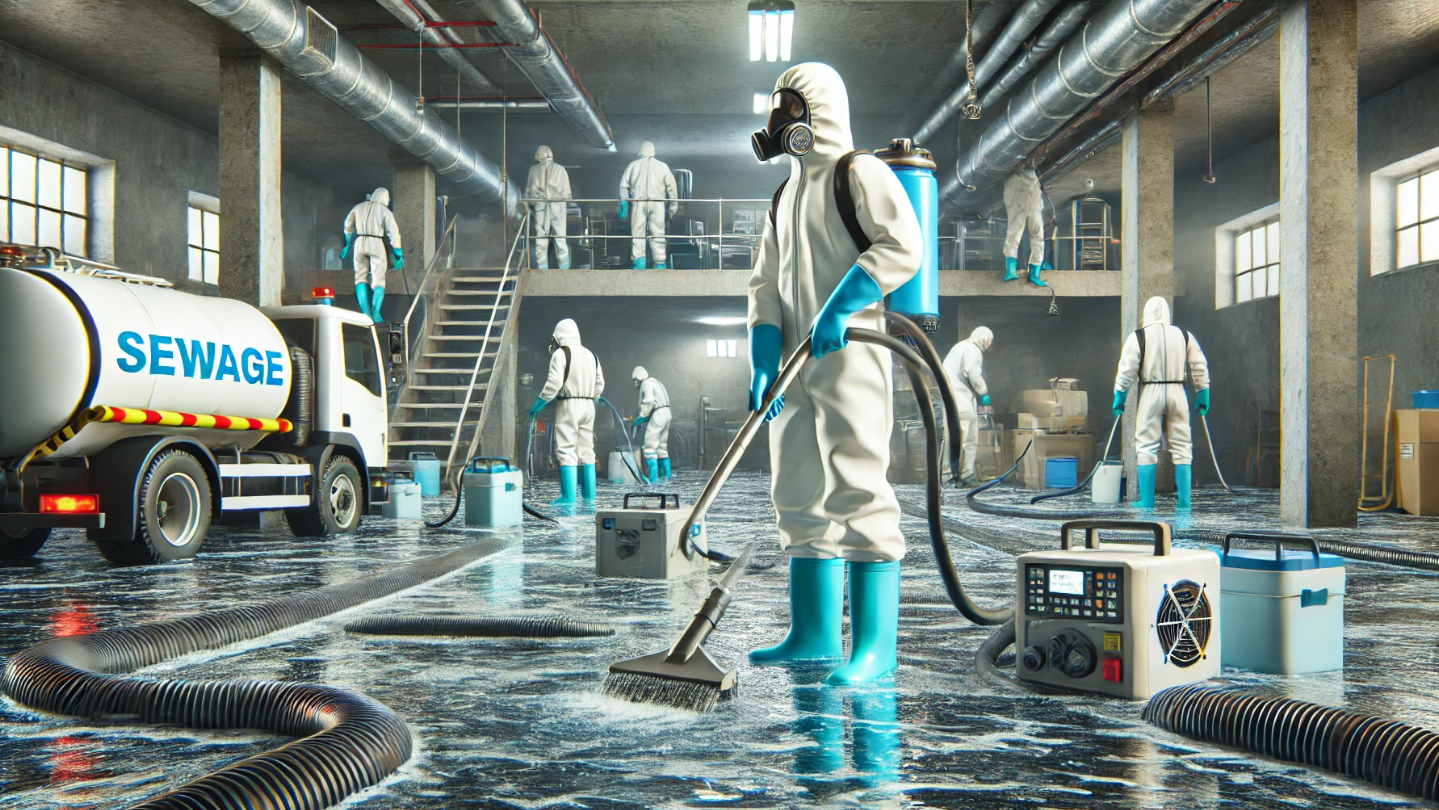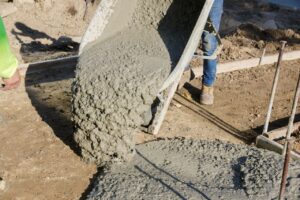Expert Sewage Cleanup Services – Rapid Response & Sanitization
Sewage issues pose serious health and structural risks to homes and businesses which are often unnoticed. Whether caused by pipe blockages, heavy rainfall, or municipal line failures, untreated sewage contains harmful bacteria, viruses, and toxins that can spread infections and compromise indoor air quality. Understanding the risks associated with sewage backups is the first step toward effective cleanup and prevention. In this guide, we’ll take you through the essential steps for handling a sewage emergency, the role of professional sewage cleanup services, and how to ensure your property is restored safely and efficiently.
Immediate Steps to Take After a Sewage Backup
Usually, sewage issues are long ignored and pile up to bigger sewage problems that become challenging. Missing out on public sewage cleanup can be an absolute mess. However, sewage cleanup companies specialize in handling hazardous situations by providing rapid response services, thorough sanitization, and structural restoration to ensure properties are safe for occupancy. But before professional cleanup teams arrive, taking the right precautions can minimize damage and exposure risks. Follow these essential steps:
- Evacuate the Affected Area – Avoid direct contact with contaminated water to prevent health hazards.
- Turn Off Electrical Power – If water levels are rising near electrical outlets, shut off power at the breaker to prevent electrical hazards.
- Stop the Water Source – If possible, locate and shut off the main water valve to prevent further leakage.
- Ventilate the Space – Open windows and doors to reduce odor and airborne contaminants.
- Avoid Using Plumbing Fixtures – Flushing toilets or using sinks can worsen the problem if the main line is blocked.
- Contact a Professional Sewage Cleanup Company – Immediate professional intervention is crucial to mitigate damage and restore the area safely.
Key Services Provided by Professional Sewage Cleanup Companies
When dealing with a sewage-related disaster, certified restoration teams follow a structured cleanup process to restore safety and hygiene. These services typically include:
- Emergency Water Extraction – Industrial-grade pumps remove standing sewage water to prevent further spread.
- Biohazard Decontamination – Specialized cleaning solutions eliminate bacteria, viruses, and toxic contaminants.
- Odor Neutralization – Advanced deodorization techniques remove lingering sewage odors.
- Moisture Removal & Drying – High-powered drying equipment prevents mold growth and structural weakening.
- Structural Repairs & Restoration – Damaged flooring, walls, and plumbing systems are repaired to restore property integrity.
- Preventative Inspections – Experts conduct thorough assessments to identify potential risks and prevent future sewage issues.
The Impact of Sewage Issues in Virginia: Statistical Insights
According to the Virginia Department of Health, improper sewage disposal and aging infrastructure pose significant health risks. Nearly 30% of sewer overflows in Virginia are caused by grease buildup and tree root intrusion, highlighting the need for regular maintenance and timely cleanup. The EPA also warns that untreated sewage can contaminate drinking water, leading to long-term environmental and health issues. This stresses the importance of hiring certified sewage cleanup companies with advanced remediation technologies.
Why 24/7 Sewage Cleanup Services Are Essential
Sewage disasters require immediate response to prevent escalating damage and health risks. A sewage cleanup service operating 24/7 ensures:
- Faster Containment & Cleanup – Limits contamination spread and structural damage.
- Reduced Repair Costs – Quick intervention minimizes extensive property restoration expenses.
- Enhanced Safety & Hygiene – Immediate decontamination restores safe living conditions.
- Assistance with Insurance Claims – Professional teams document damage and assist in claim processing.
How to Prevent Future Sewage Backups
Prevention is key to avoiding costly repairs and health risks associated with sewage backups. Property owners can take proactive measures such as:
- Scheduling Regular Sewer Line Inspections – Detects blockages before they cause major damage.
- Proper Waste Disposal – Avoid flushing non-biodegradable materials like wipes, grease, and paper towels.
- Installing Backwater Valves – Prevents sewage from flowing back into the property during heavy rainfall.
- Tree Root Management – Regularly inspecting sewer lines for root intrusion can reduce blockages.
- Maintaining Sump Pumps – Ensuring sump pumps function properly helps prevent basement flooding.
In Virginia, a growing number of households face sewage issues annually, with many cases escalating into major property damage. Statistics show that the majority of these problems could be avoided with timely intervention. A trusted sewage cleanup company can help manage and resolve these issues before they lead to extensive damage. By following the preventative steps in this guide, you can protect your home and reduce the need for emergency cleanup services.
Conclusion
Sewage backups can be overwhelming, but with the right preparation and professional assistance, the damage can be minimized effectively. Hiring experienced sewage cleanup service ensures a safe, thorough, and efficient cleanup process, restoring properties to a habitable condition. By taking proactive preventive measures and seeking 24/7 emergency services, property owners can safeguard their homes and businesses from future sewage-related hazards.














Post Comment